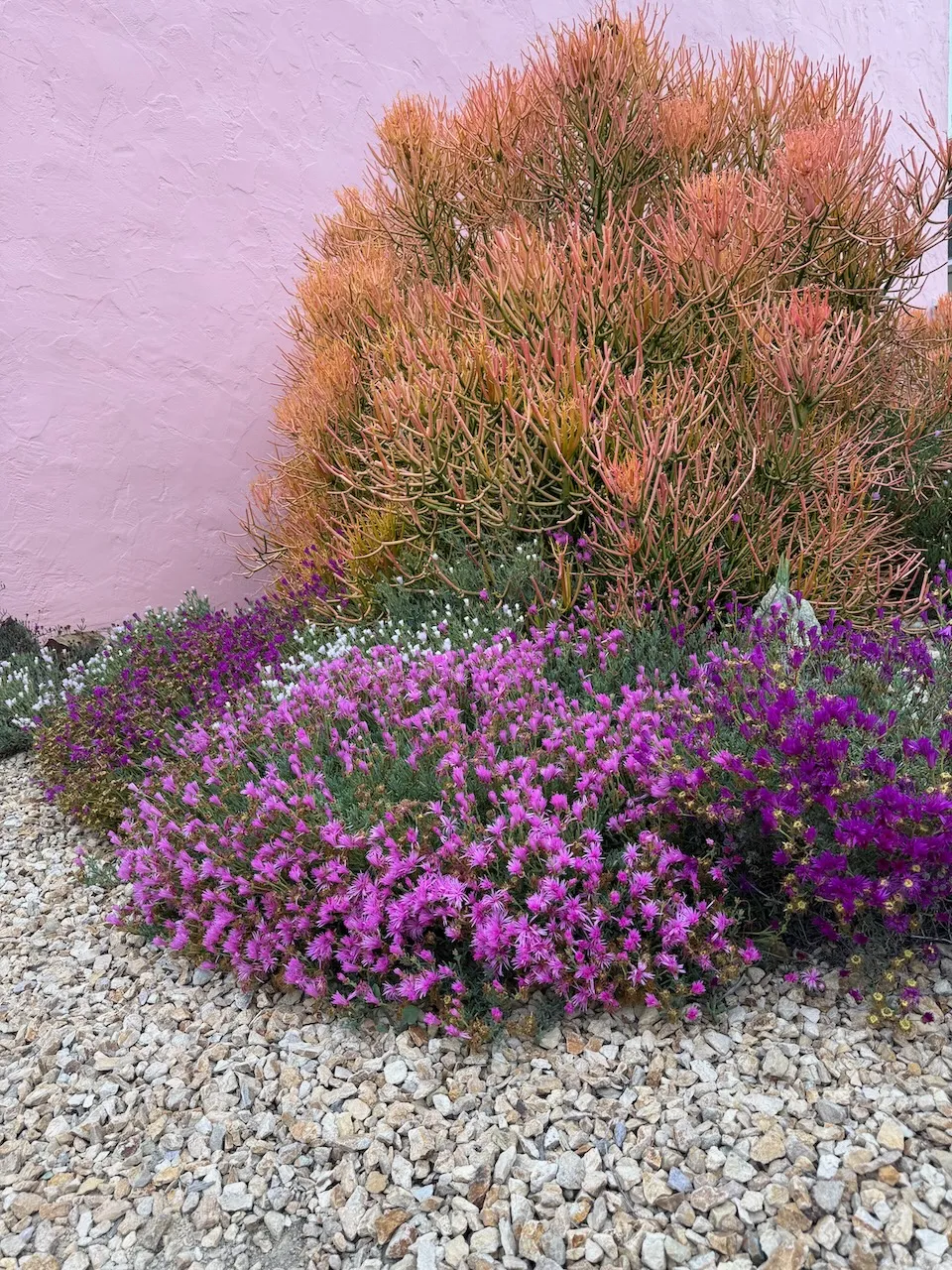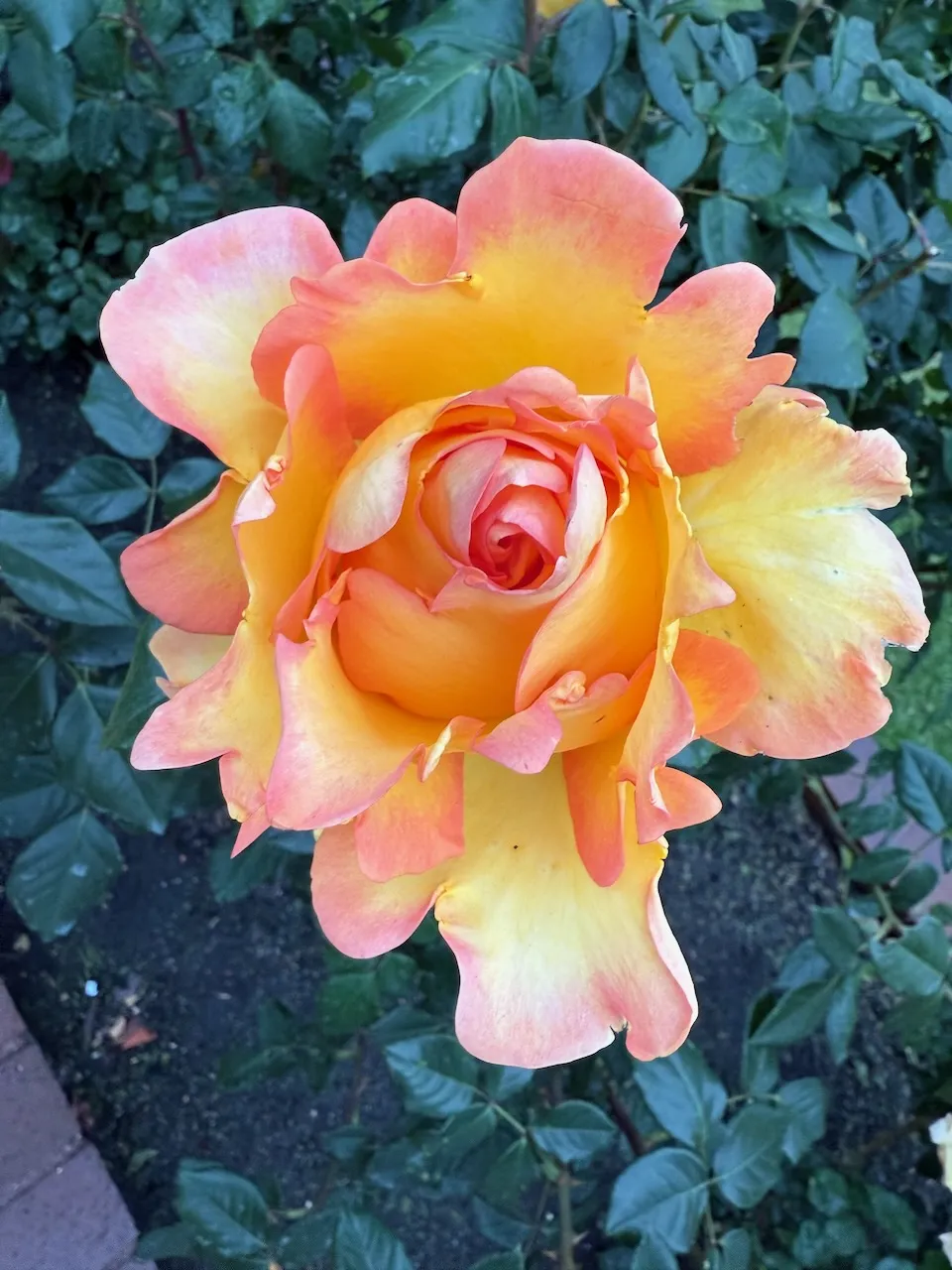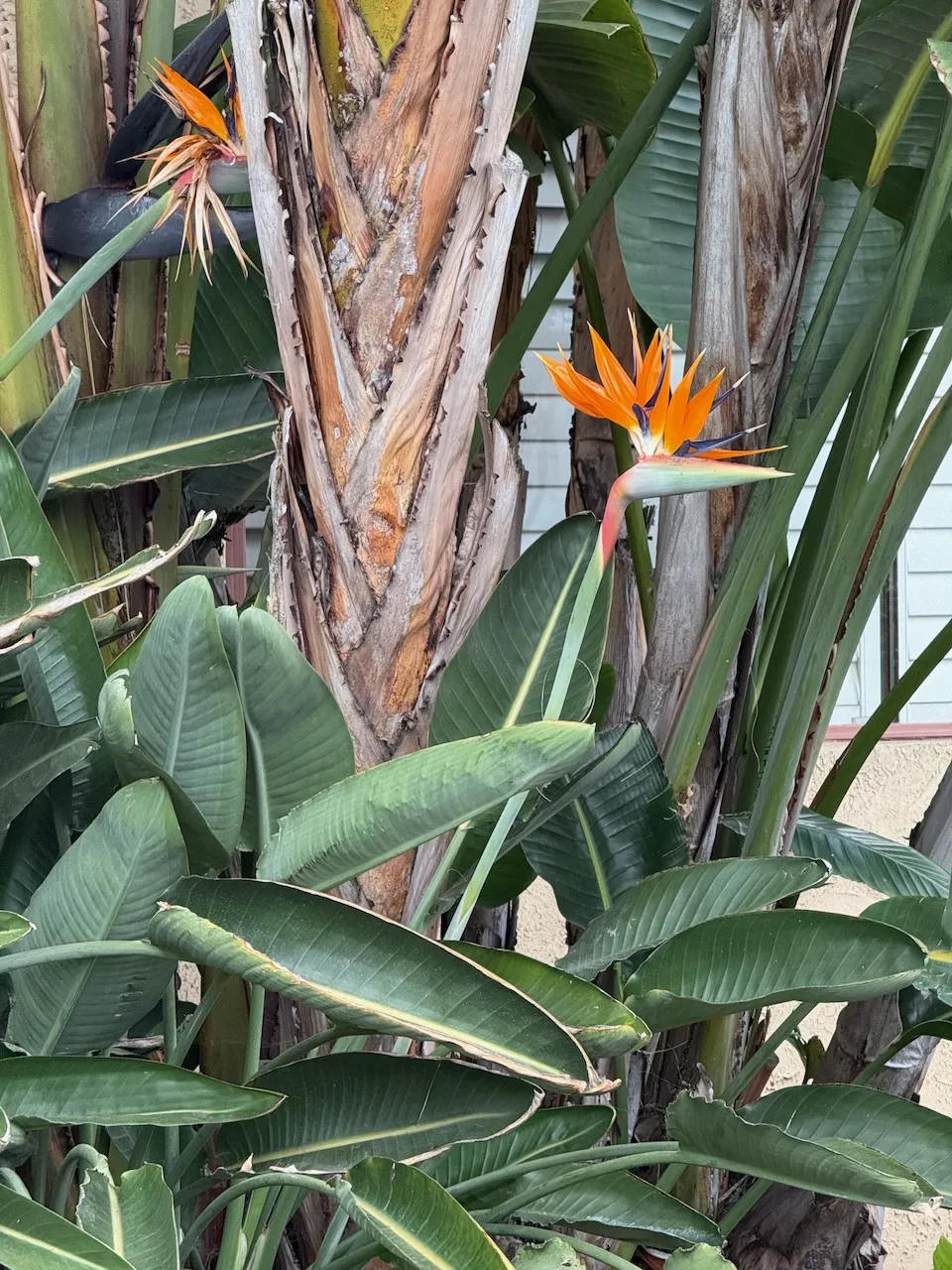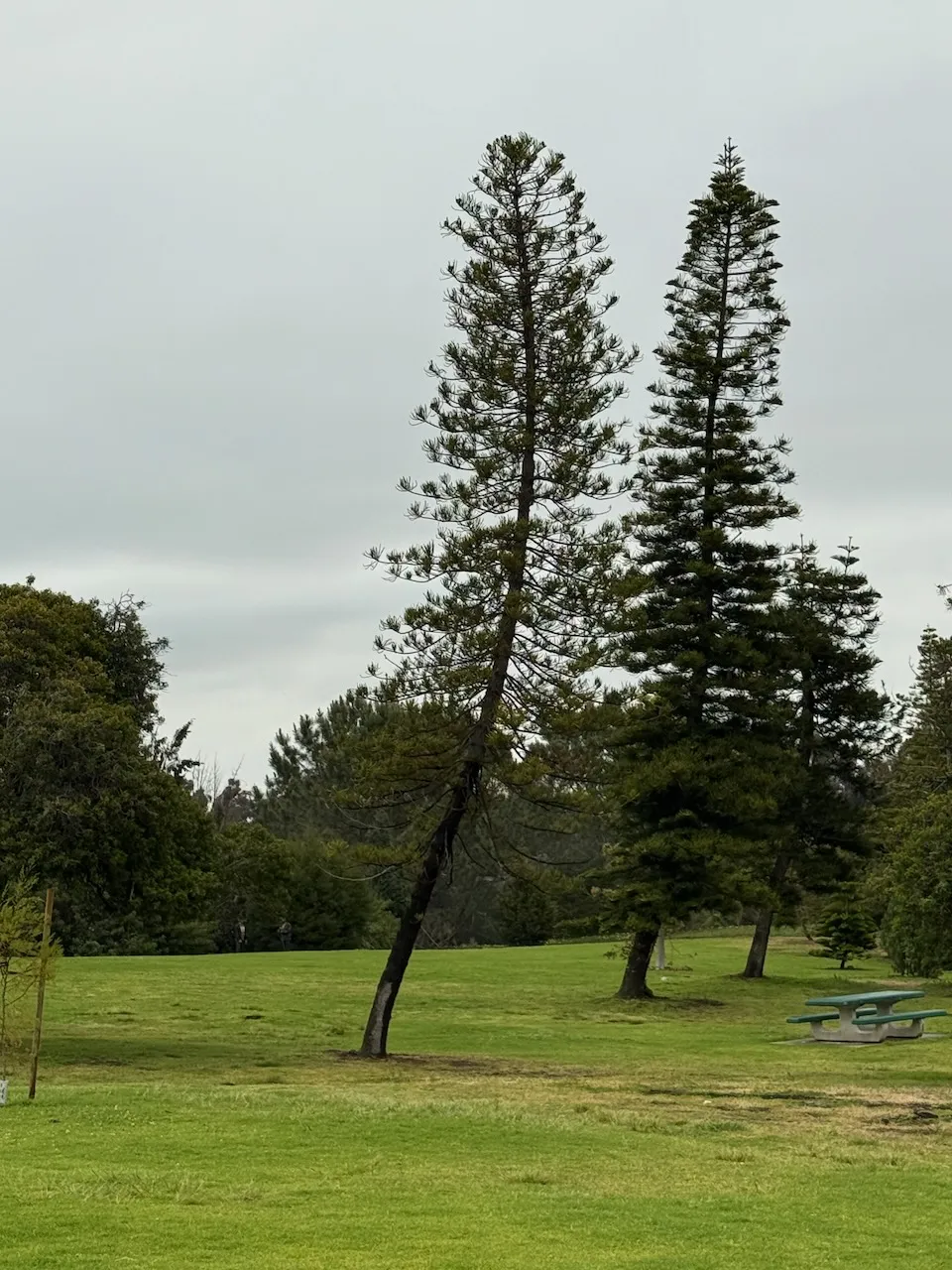John Paul Davis
Newsletter
Resisting Spittlegib
Friend,
I’m trying to maintain some consistency here with this newsletter, and my informal goal is to send a little something out weekly, which goal feels, at times, improbable to me, because a voice inside me keeps insisting that I won’t have anything to say weekly. (Given that I just finished rereading C.S. Lewis’s The Screwtape Letters, my imagination wants to give that voice an ugly-sounding name like Spittlegib or Doomscroll. That voice, so contrary to my own values & goals for myself, definitely feels less like a part of me and more like an advocate for something more diabolical, so why not give it a name? Either way, I am not listening to it, not today.) To be more accurate, it’s not that I feel I won’t have anything to say, but rather than I won’t have anything of value to say, that other people won’t find what I write helpful or interesting or even entertaining.
What’s interesting to me as I probe the edges of this is that I rarely feel that way when I go to write a poem. I am, usually, completely unconcerned with whether or not it will even be liked. That’s not to say I am unconcerned with crafting a poem other people can read, or listen to. For example, yesterday, while gathering poems to submit to various literary journals currently open for submissions, I rediscovered an old poem I wrote about the (then-new) grey streak in my beard, and fell in love with it. When I wrote that poem (and again, when I revised it), it never entered my mind to ask if anyone wanted such a poem or if anyone (other than me) would enjoy it or read it.
But I took great care, when writing (and revising it) to ensure that if anyone (other than me) did want to read it, they could, and that its structure and diction and syntax would not impede that. There are entire schools of poetry for whom that kind impeding is a feature, not a bug, but suffice to say I have always imagined an audience made up of people of ordinary intelligence and education; my ideal reader is my late stepmother, who was college-educated, and interested in, often excited by, the arts, but not a member of the intellectual elite (or of an elite of any kind). She was someone who loved to read but often did not have a lot spare time in which to do so. When I craft a poem I am often imagining that she might one day read it (even though, in this life, she obviously cannot), probably because, for a long time, she was the only person besides myself who did read (or listen) my poems. But also, she was an attentive reader; she genuinely cared about and engaged with what she read. Everyone should be so lucky as to have at least one reader like her in their writing careers.
But I don’t (and wouldn’t) censor myself or alter what I write about to cater to (what I imagine were) her sensibilities, politics, theology, etc. Sometimes when she was alive I wrote poems with whose ideas she most likely disagreed, but she read them all the same and engaged with them seriously. My point here is that I when I write poems, I don’t censor myself or try to make a poem fit into a certain politics or point of view; with poems I am not concerning myself with whether other people will like or agree with or find useful or interesting what I have written, but when I write newsletters, those concerns are very much on my mind. Why?
I don’t have a good answer, but it is something I’m thinking about.
Podcast
This week’s episode is my poem “Exit, Pursued By John Davis.”
In the 2010s, I wrote a series of poems, many of which made it into my first book, Crown Prince of Rabbits, each titled “Exit, Pursued By X,” all inspired by the famous stage instruction from Shakespeare’s A Winter’s Tale, “Exit, pursued by a bear.” I wrote dozens of these, and for most of them the title itself was the writing prompt. In the case of this poem, I had, on a whim, looked up “John Davis” in an online phone directory, startled to find at least 60,000 entries, and then gone down a rabbit hole in Wikipedia reading the John Davis disambiguation page. Names are strange in some ways; having a name that lots of other people have is strange partly because one is often the only person named what one is named in one’s own life, yet one is also one of many. Out there, right now, are thousands of people named John Davis, who are not me, and not like me in important ways. None have my voice or my way of walking, or my peculiar habit of rubbing the cuticles of my fingers across my lips while I am thinking. You might see one of them walking down the street and never think "John Davis!"
One way in which many of us are similar: Back when I was on Facebook, I was part of a Facebook group called “People Named John Davis.” All anyone ever did was join it. None of the John Davises conversed or arranged to meet up. Dozens of John Davises, none of which said so much as a hello to each other. The best we could manage was exchanges of "likes."
To link this to my thought above: when I wrote the poem I had no idea what its point of view was (other than: there are a lot of people named John Davis, and I am one of them.) I still don’t.
Subscribe: RSS | Apple Podcasts | Spotify
Micro-Reviews
This week I listened to:
Iron & Wine's 2007 album, The Shepherd's Dog
Fleet Foxes' 2020 album, Shore
Jamila Woods's 2017 album, HEAVN
Lyle Lovett's 1996 album, The Road To Ensenada
Jeff Buckley's 1994 album, Grace
You can follow the Micro Reviews on BlueSky or via RSS.
Photography



